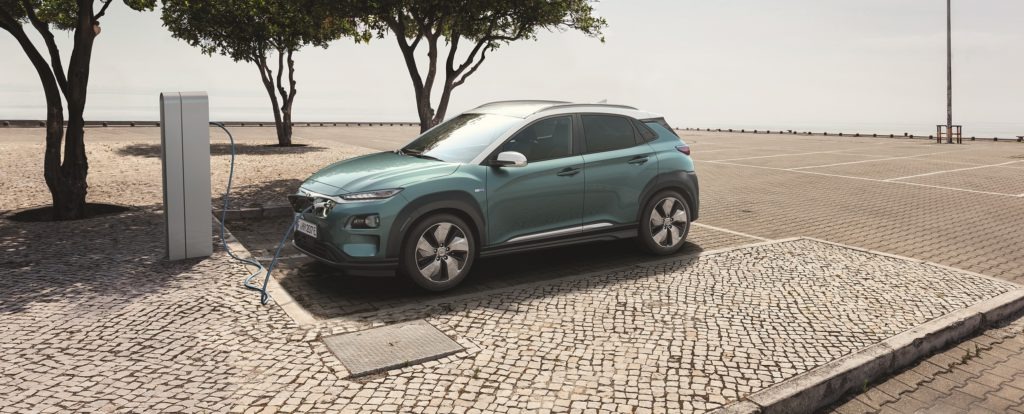Hyundai recalls 82,000 EVs over fire risk
24 February 2021

24 February 2021
Hyundai Motor Company is recalling roughly 82,000 electrically rechargeable vehicles (EVs) across the world due to a fire risk. Replacing the battery systems is predicted to cost approximately $900 million (€740 million) when combined with an earlier recall, Reuters reports.
This news could not have come at a worst time for the carmaker. Only yesterday (23 February) it launched the Ioniq 5, its new battery-electric vehicle (BEV) in a virtual world premiere. The CUV marks the take-off of Ioniq as Hyundai’s BEV-centric sub-brand. But now the unveiling of this new car and wider brand looks to be overshadowed by an EV-focused recall.
Risk and recalls
′Our priority is to dispel potential risks against customer safety despite the low possibility of fires and high financial burden,’ Hyundai said in a statement to the Financial Times. The majority of Hyundai’s recalls apply to around 76,000 Kona EVs, as well as some Ioniq models and electric buses, built between November 2017 and March 2020 and equipped with battery cells made by LG Chem in Nanjing.
‘Hyundai Motor Company has decided to voluntarily recall certain Kona Electric, Ioniq EV, and Elec City vehicles in Korea for full battery (BSA: battery system assembly) replacements,’ the carmaker said in a statement sent to Autovista Group. ‘The decision reflects findings from an investigation led by the Korean government, which has revealed the possibility of short circuits in certain defective battery cells produced in LG Energy Solution’s Nanjing plant leading to fires.’
‘Actions will be taken promptly to prevent any customer inconvenience and the company will continue placing its utmost priority on the safety of its customers. Similar announcements will be made for affected vehicles in other markets, in compliance with local regulations and guidelines,’ Hyundai concluded.*
The battery supplier LG Energy Solution, a division of LG Chem, said Hyundai Motor has misapplied LG’s suggestion for fast-charging in Hyundai’s battery-management system. It went on to say that the battery cell should not be seen as the direct cause of the fire risks. LG Energy Solution had not responded to Autovista Group’s request for comment by the time of publication.
There have been 15 fires involving the Kona, 11 of which were in South Korea, two in Canada, one each in Finland and another in Austria. The Kona was initially recalled by the carmaker in October last year following a series of fires, which looked to be the result of short-circuiting.
While a software upgrade was applied in an attempt to tackle the problem, one of the updated vehicles caught fire in January this year. Following this, the South Korean authorities launched a probe into the adequacy of the recall.
In a Hyundai statement seen by Reuters, the manufacturer said that of the â‚©1 trillion total estimated recall costs, approximately â‚©38.9 billion was due to the first recall. The Kona has also been the subject of faulty electronic braking, which resulted in over 50,000 recalls in South Korea.
Wider impact
While this most recent recall is expected to generate a bill of $900 million, the true cost for Hyundai could be far greater. With the unveiling of the Ioniq 5 and the subsequent BEV-only brand, concerns surround the safety of these EVs could dent consumer confidence, knocking adoption rates. The success of these electrified models is of paramount importance to OEMs like Hyundai if they are to not only emerge from COVID-19, but survive in a new landscape of electromobility.
Hyundai is not alone however, as EV-makers saw a spate of recalls last year. BMW confirmed a global recall of some of its plug-in hybrids (PHEVs), due to battery fire concerns. In August, Ford issued a recall notice for Kuga PHEVs it built up until 26 June, after four vehicles reportedly caught fire. Both Audi and Jaguar also recalled their BEVs in June 2019.
*This article has been updated with a statement sent to Autovista Group from Hyundai.